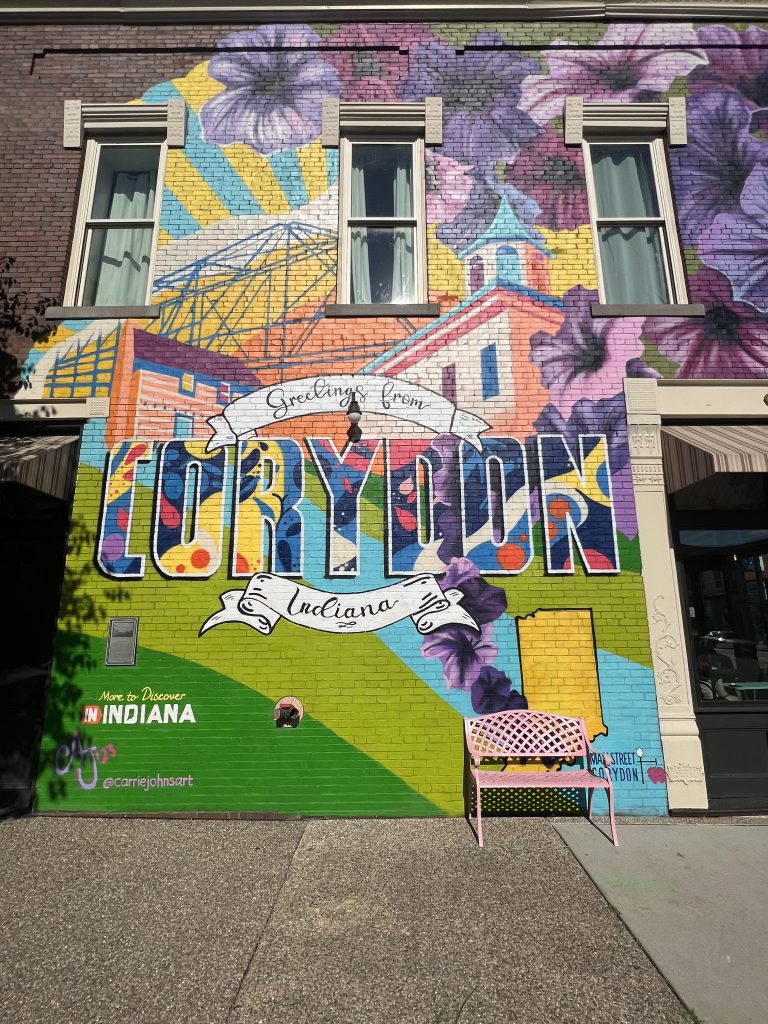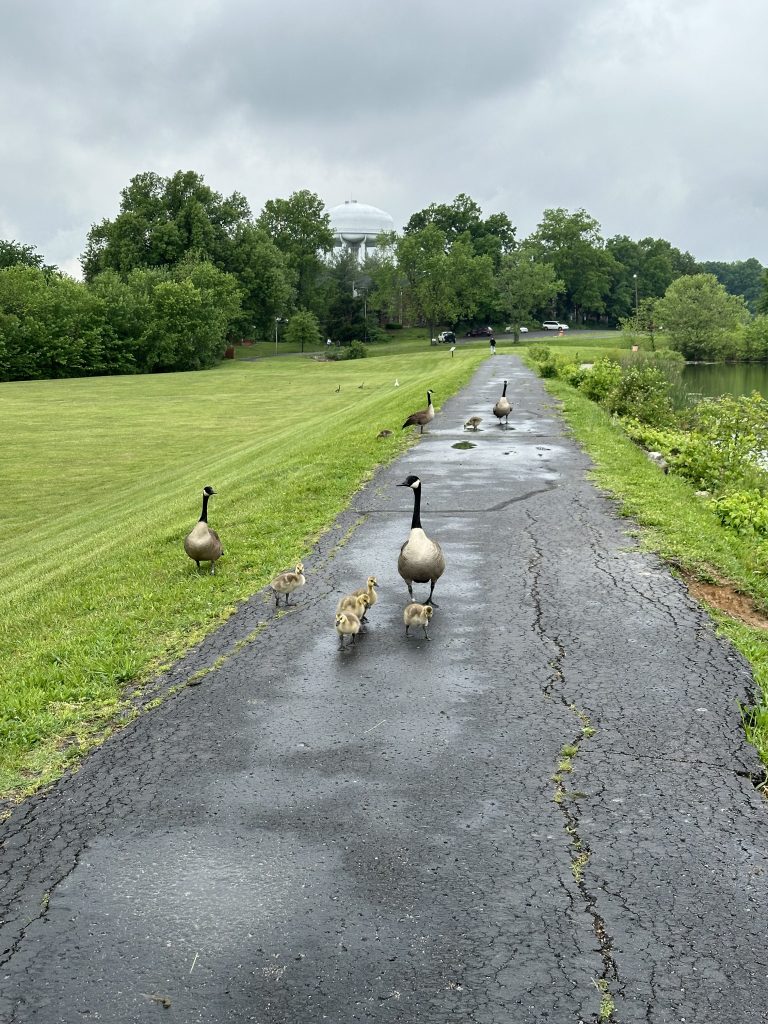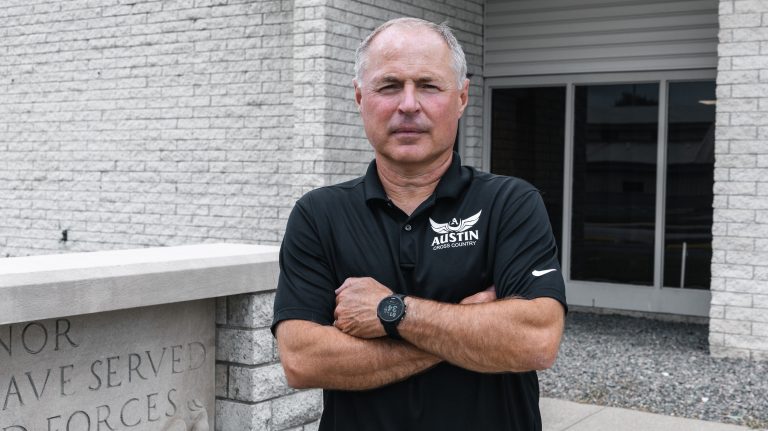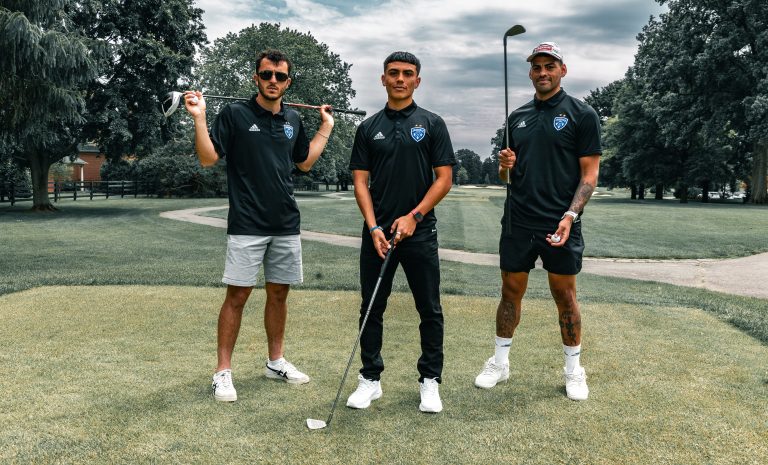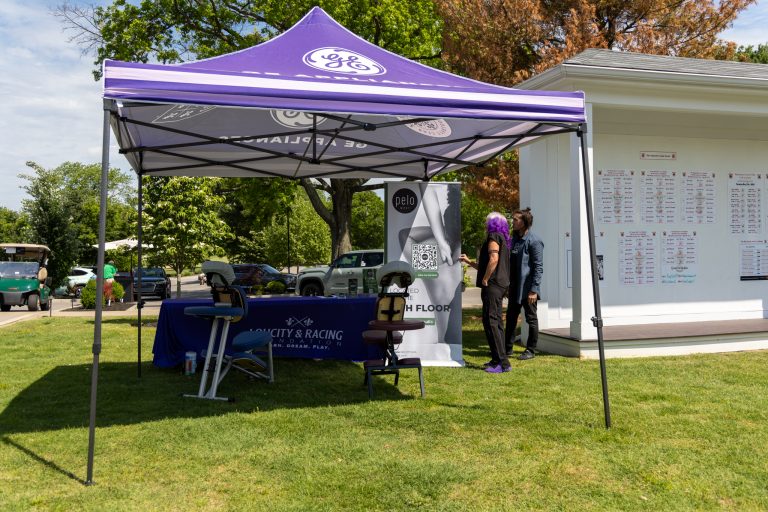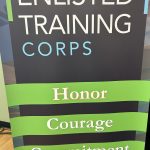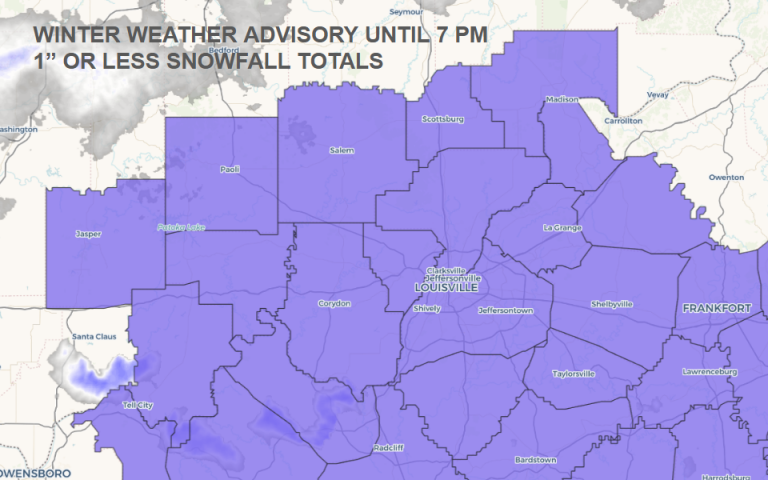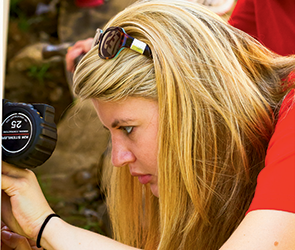
Habitat for Humanity Clark & Floyd Indiana seeks service and land
By Mandy Wolf Detwiler
Habitat for Humanity International is a global non-profit organization founded in 1976. Though its spotlighted projects include the construction of affordable housing in conjunction with potential homeowners and dozens of volunteers, it also provides educational programming designed to help those homeowners afford, care for and stay in their homes.
Jerry Leonard, executive director for Habitat for Humanity Clark & Floyd Indiana, says the organization has been serving this area for more than 25 years. He joined as executive director about a year and a half ago. “I wanted to be a part of the organization just because of what the impact has been and the services we provide,” Leonard says. “It’s not just building homes. It’s more than that. It’s building the hope (and) building self-reliance. Building is just the activity that we do there.”
Since its founding, Habitat for Humanity Clark & Floyd Indiana has constructed nearly 50 homes for local homeowners.
Once a homeowner is accepted and completes orientation, Leonard says the goal is to have the person in a house ¬ – or starting a home – within 12 months. An existing home may be rehabbed or built from the ground up.
“We start figuring out how they’re going to put in their sweat equity,” Leonard says. “They’re going to have to put in 450 hours of sweat equity.”
Also, education classes are completed, including obtaining financing and budgeting.
“We’re teaching them financial stability along with housing stability,” Leonard explains.
 Habitat for Humanity applicants typically follow the U.S. Department of Housing and Urban Development (HUD) guidelines. “Most of homeowners are going to fall somewhere between the 30 percent and 60 percent of the average median income for our area,” Leonard says. “It fluctuates by family size of what that could be, but it usually falls somewhere between as low as $14,000 for one and the maximum is around $28,000 per year based on HUD.”
Habitat for Humanity applicants typically follow the U.S. Department of Housing and Urban Development (HUD) guidelines. “Most of homeowners are going to fall somewhere between the 30 percent and 60 percent of the average median income for our area,” Leonard says. “It fluctuates by family size of what that could be, but it usually falls somewhere between as low as $14,000 for one and the maximum is around $28,000 per year based on HUD.”
Critical to Habitat for Humanity are the hundreds of volunteers who have offered time, money and expertise throughout the years. Leonard says many of the volunteers come from local organizations, networking or simply individuals with extra time and skills to give. Leonard says a minimum of three to four people are needed in order to build.
“We’re available to build Tuesday through Saturday, but Saturdays are the most popular,” he says. “We have a lot of church groups as well. We have people who have volunteered as part of a group and have had wonderful experiences and come back with their families.”
If they can’t find, say, an electrician to volunteer his time and licensing, that cost has to be paid to the contractor. “So far we’ve been blessed,” Leonard says. “If we need help, our vendors help up out.”
Gail Bryant’s house was the fourth home completed. She started construction in the early 1990s and recently made her last payment of a 20-year loan. Bryant learned about Habitat for Humanity from a co-worker who was working toward her own Habitat home in Louisville.
“I got in there and got all gung-ho,” Bryant laughs. “You could have called me ‘Tool Man Taylor’ back then. … It was a great learning experience. It was kind of exciting because I sat there and I could see where my electrical was going in. I see this. I see that. Back then, the mind wasn’t a terrible thing to waste. I remembered a lot of things. But the time I got finished, I thought ‘Well, I could build my own house!’ I learned things I didn’t think I’d ever know.”

Leonard says teaching self-sufficiency to homeowners like Bryant is a fundamental part of the Habitat building process. “You don’t necessary expect them to pay out money,” he says. “Sometimes you can fix things on your own. We’re trying to teach you how to be a good homeowner.”
Over the years, Bryant has contacted Habitat foremen and asked for tips on how to fix things on her own. “That’s another money saver,” she says. “Everybody was always great. If they didn’t know the answer, they’d find it for me.”
Adds Leonard: “As we say, once you’re in the Habitat family, you’re always family no matter what.” Habitat for Humanity Clark and Floyd Indiana is in need of volunteers, but also funding and property in Floyd and Clark counties.
“Donations are a huge piece of it,” Leonard says. We have no federal, local or state funding. Everything we get is through the community itself.”
To volunteer, call 812.948.1235 or visit newalbanyhfh.org. (The organization will soon move to a newly redesigned Web site at habitatcfi.org.)








